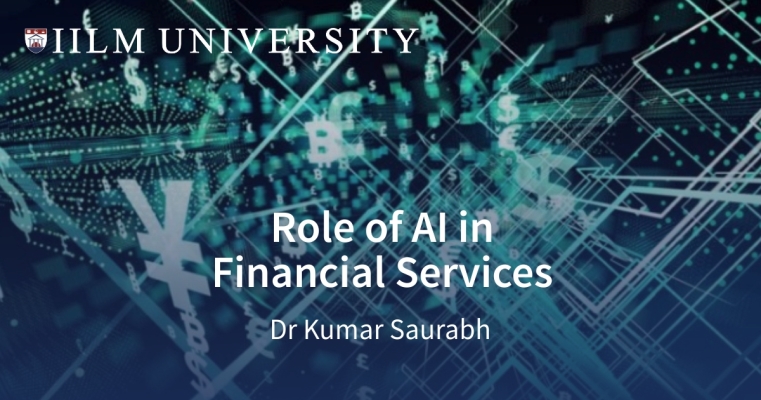The Finance Industry features a huge role to play when it involves making business purposeful. This sector currently faces multiple challenges, but the two most prominent ones are information asymmetry and financial illiteracy. The cutthroat competition within the industry has led to several institutions flouting norms. Wells Fargo may be a case in point wherein the culture and unsustainable targets led to employees committing fraud and the senior management turning a blind eye, therefore, enabling the act. Another even more potent example is that the concealment by HSBC in Mexico and Colombia for Drug Cartels. In both these cases, the institutions were excused by just paying fines, which was nothing more than seven days of profits for them. These institutions know that they are too big and influential to be jailed because they are too big to fail and thus can escape perhaps with the foremost notorious and irresponsible behaviours.
Definitely, the planet is ill-equipped to handle another Lehman Brothers, but that does not mean that the planet should need to see thousands of people being killed by the drug cartels that these institutions use to move their money. To prevent these and bring justice to already what has been done wrong, these firms should be held accountable, and therefore the CEO should be held liable for the actions of the institution.
As we steel ourselves against a post-Covid-19 economy, the long term of the finance industry looks drastically different. Additionally, to the changes within the way banking would be conducted, which is about to become highly digitized, monetary institutions’ role is also going to change. The whole world is looking ahead at an enormous recession. These institutions would need to be the first source of liquidity to the firms, which might stimulate demand within the economy
https://www.mckinsey.com/business-functions/strategy-and-corporate-finance/our-insights/five-ways-that-esg-creates-value
https://www.ceres.org/sites/default/files/reports/2019-04/Investor_Influence_report.pdf
Edmans, A. (2011). Does the stock market fully value intangibles? Employee satisfaction and equity prices. Journal of Financial Economics.
Edmans, A. (2015). The social responsibility of business. TEDx London Business School. Available at https://www.youtube.com/watch?v=Z5KZhm19EO0.
Gartenberg, C. (2018). Corporate Purpose and Financial Performance. Organization Science, Forthcoming.
Edmans, A. (2019). How great companies deliver both purpose and profit. London Business School. Available at https://www.london.edu/think/how-great-companies-deliver-both-purpose-and-profit.
Edmans, A. (2020). Does Pieconomics Work?: from ‘Grow the Pie: How Great Companies Deliver Both Purpose and Profit (pp. 77-96).
https://www.mckinsey.com/business-functions/strategy-and-corporate-finance/our-insights/five-ways-that-esg-creates-value
https://www.fintechmagazine.com/fintech/deloitte-how-financial-services-responding-covid-19
Robert J. Rhee (2017). A Legal Theory of Shareholder Primacy






 AMITABH MUKERJI- A Defence Officer who is also pursuing Masters in Psychology from IILM University..
AMITABH MUKERJI- A Defence Officer who is also pursuing Masters in Psychology from IILM University..





